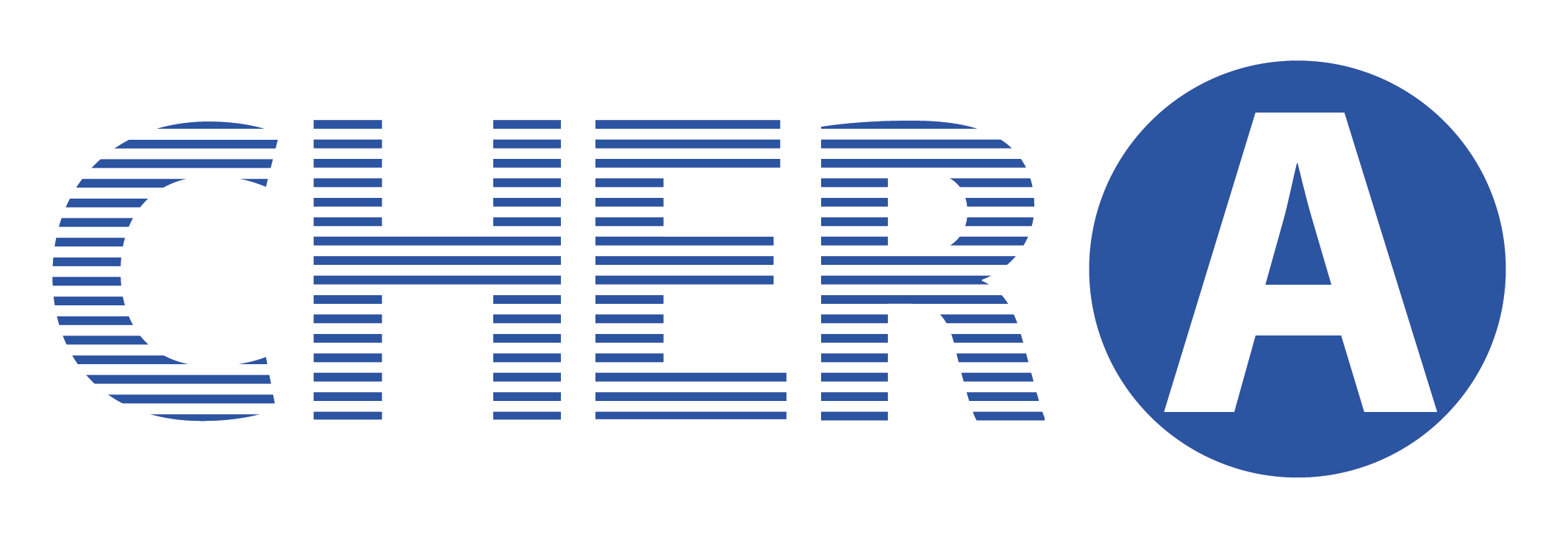Master of Education with specialism in Higher Education
This specialism is designed to provide students with a comprehensive perspective on the theories and practices in higher education. In the increasingly globalised and complex higher education environment, the programme aims to enhance students’ critical thinking, research skills, and professional development in higher education. The courses draw on interdisciplinary perspectives from philosophy, sociology, economics, political science, pedagogy, and comparative education. It also covers multiple layers of higher education, including global and national systems, institutional policy and practice, and teaching and learning. Teachers in the specialism are globally known scholars in higher education and their research works are widely published internationally. Students who want to develop their research skills for further study, seek career advancement in the higher education sector, and pursue interdisciplinary knowledge in education are welcome.
Who would benefit from this specialism?
This specialism provides opportunities for the professional development of administrative professionals in the higher education sector. It also helps students who pursue their careers in doctoral study, research staff, or educational policy analysis. Our specialism will benefit students who want to experience diverse learning environments with colleagues from different regions, countries, careers, and disciplinary backgrounds.
Mode of study:
The specialism is available in 1-year full-time and 2-year part-time modes of study.
Outline of the four specialist courses:
Course 1: Instructional Design in Higher Education (6 credits)
Instructional design of teaching and assessment practices is important for student learning at all levels of education. Arguably, such instructional design is even more important in the higher education that aims to educate future professionals. How could teachers design teaching and assessment practices in higher education in ways that enable students to grow as future professionals in the ‘knowledge economies’? This course focuses on the higher education -specific nuances of instructional design. The course will introduce the participants with contemporary approaches to instructional design within the wider contexts of digitalisation, internalisation and ‘massification’ of higher education. The course will also shed light on the role of assessment, grading and feedback design in contemporary higher education. Finally, the course provides some critical tools to understand the changing practices of instructional design within the broader societal movements (e.g., the rise of Artificial Intelligence and the marketisation of higher education).
Course 2: Aims of Higher Education (6 credits)
This course draws on the aims of higher education from both historical and sociological perspectives. It will consider the development of different higher education traditions, including liberal, civic and Humboldtian models, discuss the aims of higher education in the modern age, and explore what future university aims should be. The aims of higher education in the modern age will be considered in the context of the changing nature of the academic practice, such as massification, technological advance, and globalisation. The course will also discuss controversial issues regarding the aims of higher education across institutional types and educational levels.
Course 3: Contemporary Issues in Higher Education (6 credits)
This course provides knowledge of contemporary issues in higher education. It will include massification, access and equity, privatisation and financing, higher vocational education, quality assurance, affirmative action, knowledge innovation, university ranking, internationalisation, and automation and artificial intelligence (AI) in higher education. Students will demonstrate an understanding of the theoretical basis for critical issues facing higher education in a changing society and economy.
Course 4: Science and Higher Education Systems and Policy (6 credits)
The course discusses the overlaps and relations between the science and technology system and the higher education system using the public policy process as an analytical tool to engage with both systems. The engagement between both systems is done using a mix of perspectives that are anchored on relevant issues and related policy. In doing this, the objectives and characteristics of both systems are considered on how policy is shaped to adapt to an often-negotiated purpose that serves national interests or to face global competitiveness. To better understand this process, specific aspects and activities that overlap the two systems are particularly focused on such as the incentives for the creation, protection and dissemination of knowledge creation, the dynamics of knowledge creation, knowledge impact and assessment, training of the scientific and non-scientific labor force, and sustainability of scientific and higher education structures.
In addition to four specialist courses, students will also have to complete:
- The compulsory core course Educational Issues and Research (6 credits);
- Three elective courses (6 credits each); and
- An option of a professional portfolio (12 credits) or a research project (12 credits).
| Course Coordinator | Dr Jisun Jung |
| Contact | jisun@hku.hk |
Click here for more information
Click here for collection of abstracts of capstone projects of 2023 graduates
MPhil and PhD (Full-time and Part-time)
P rogramme Overview
rogramme Overview
The Faculty of Education offers Master of Philosophy (MPhil) and 3-year / 4-year Doctor of Philosophy (PhD) programmes in both full-time and part-time mode. Candidates without a research Master’s degree shall be considered for admission to the MPhil or 4-year PhD programme, while those with a research Master’s degree shall be considered for admission to the 3-year PhD programme.
